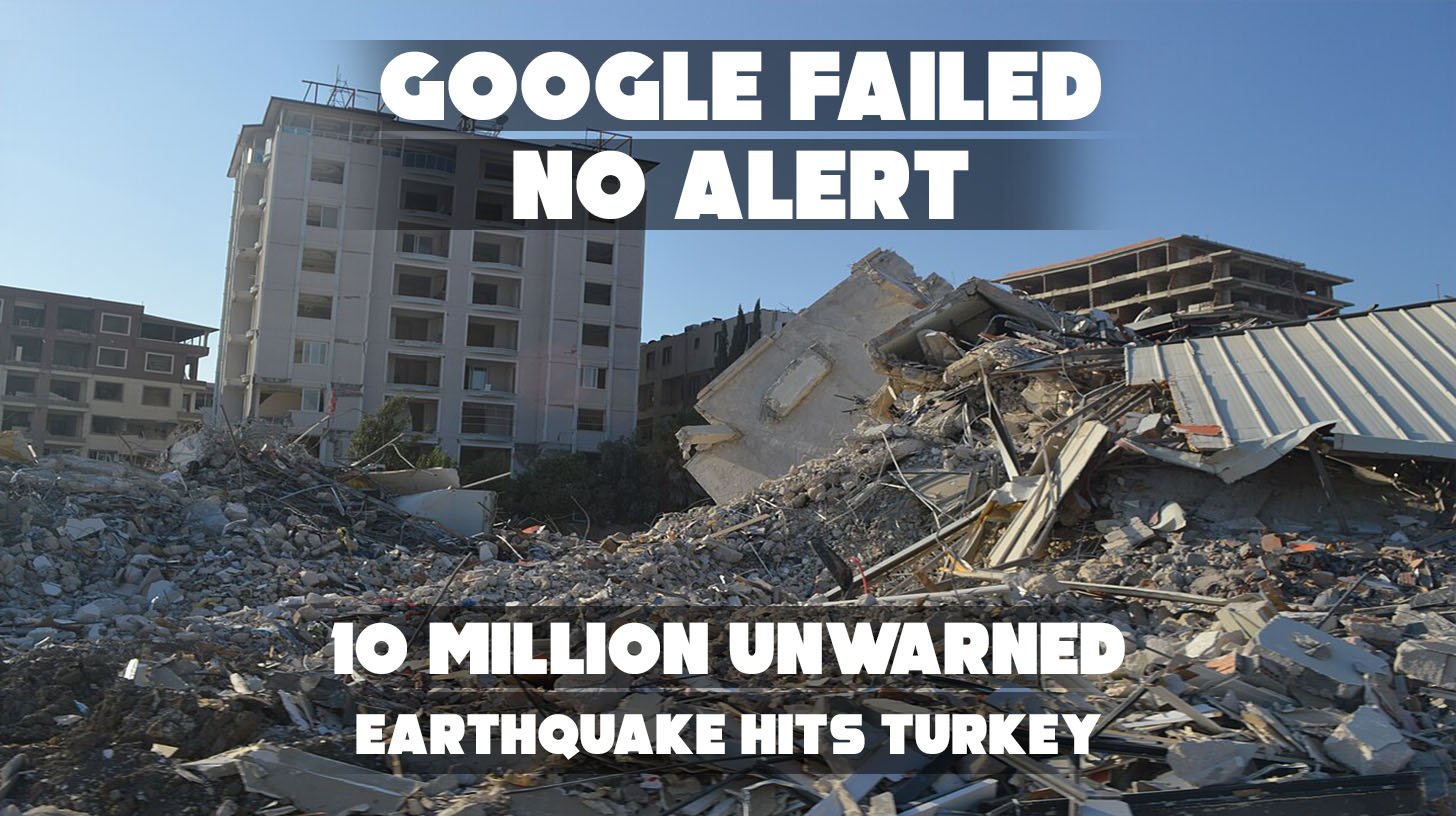Google is under scrutiny after admitting its Android Earthquake Alerts System (AEA) failed to issue critical alerts to more than 10 million people during the devastating 7.8 magnitude earthquake that struck southeastern Turkey on February 6, 2023, killing over 55,000 people and injuring more than 100,000.
The system, touted as a global safety net, underestimated the severity of the first quake, failing to trigger its most urgent alert, known as “Take Action.” That alert type is designed to override “Do Not Disturb” settings, play a loud alarm, and cover the phone screen—critical features that could have saved lives, especially since the earthquake struck at 4:17 a.m. while most people were asleep.
Only 469 Serious Alerts Sent Instead of 10 Million
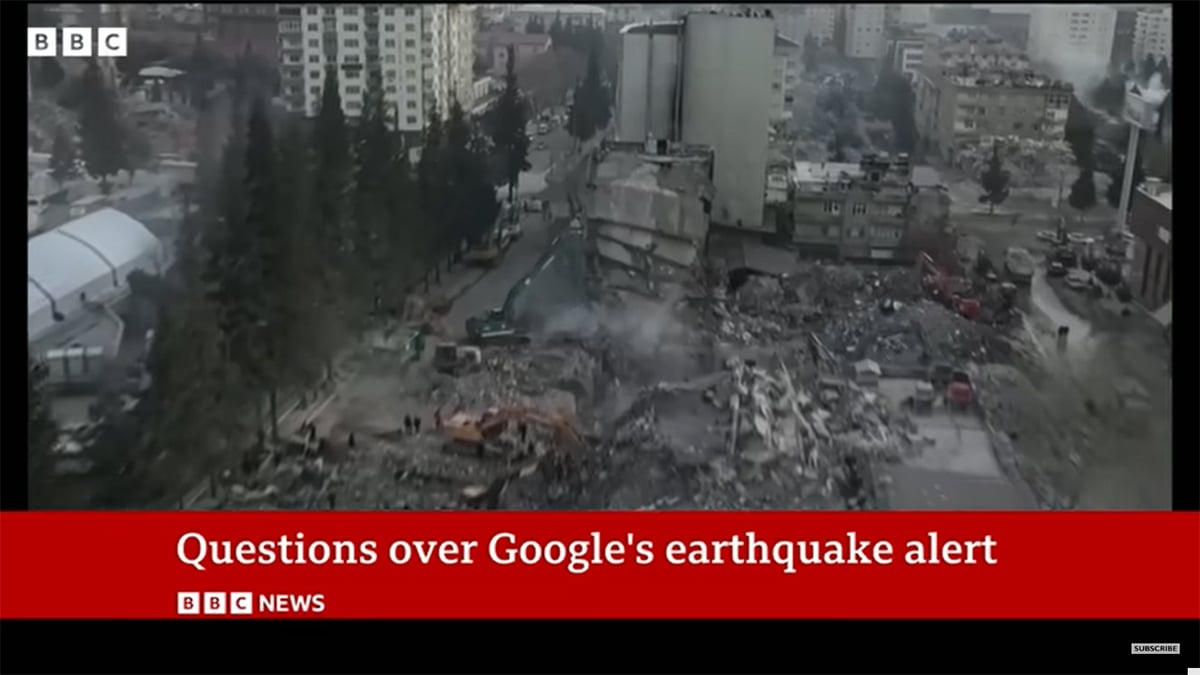
Despite the potential to send the most serious alert to 10 million people within a 98-mile radius of the epicenter, only 469 “Take Action” alerts were delivered, and just 500,000 users received a lower-level “Be Aware” notification. That alert doesn’t override phones or sound alarms—rendering it largely ineffective in waking people up.
Google had previously claimed the system had “performed well,” but data revealed in 2025 shows a major failure in its detection algorithm, which initially assessed the earthquake’s magnitude between 4.5 and 4.9, far below the actual 7.8.
“We continue to improve the system based on what we learn in each earthquake,”
— Google spokesperson
Fatal Underestimation: Why the System Failed
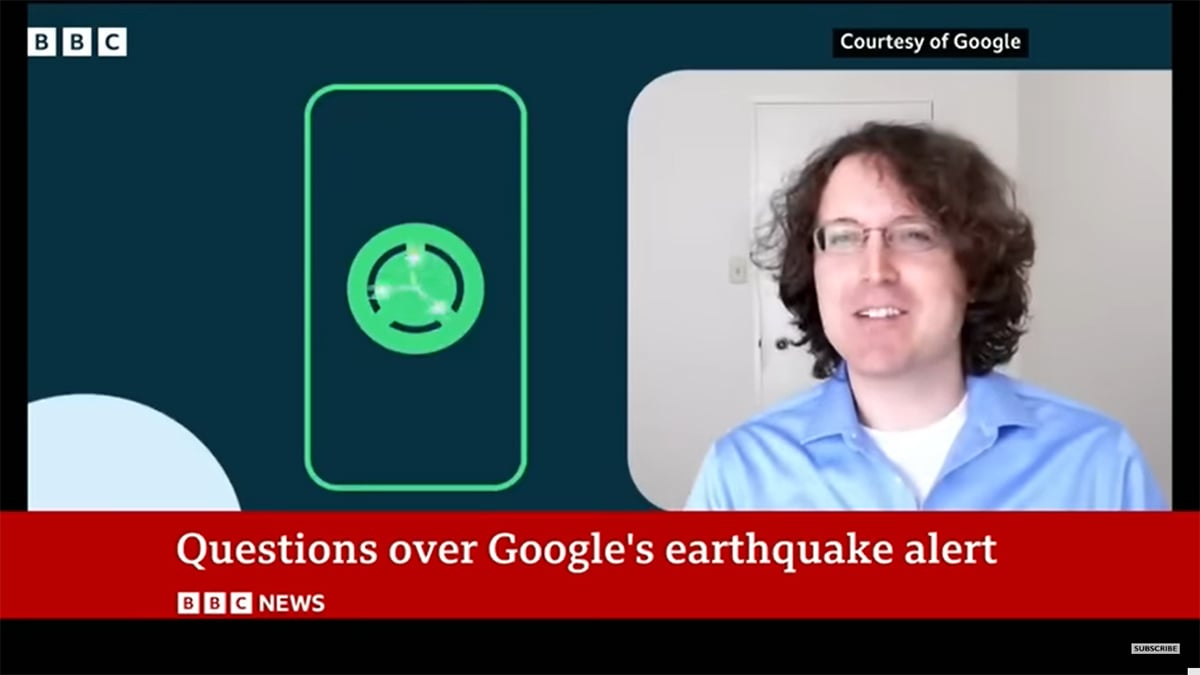
The Android Earthquake Alerts System works by using sensors within Android smartphones—which make up more than 70% of devices in Turkey—to detect seismic activity. However, researchers now say there were “limitations to the detection algorithms.” This failure not only affected the first quake but also caused an underestimation of a second major quake later that day.
During the second event, the system sent:
- 8,158 “Take Action” alerts
- Nearly 4 million “Be Aware” alerts
Still, these numbers fall short of what would have been expected for an earthquake of such magnitude.
“I wasn’t prepared to see how frail the system was in the face of real catastrophe.”
— Elizabeth Reddy, Colorado School of Mines
BBC Investigation Uncovers Gaps in Transparency
The BBC began investigating the alert system shortly after the quake. Despite speaking to residents across impacted areas over several months, reporters failed to find a single person who had received a timely “Take Action” alert before the first tremor hit.
It wasn’t until two years later, in a paper published by Google researchers in the journal Science, that the full scope of the alert failure was disclosed.
“We’re not talking about a little event — people died — and we didn’t see a performance of this warning in the way we would like.”
— Elizabeth Reddy, seismic researcher
Post-Mortem: Algorithm Improved Too Late
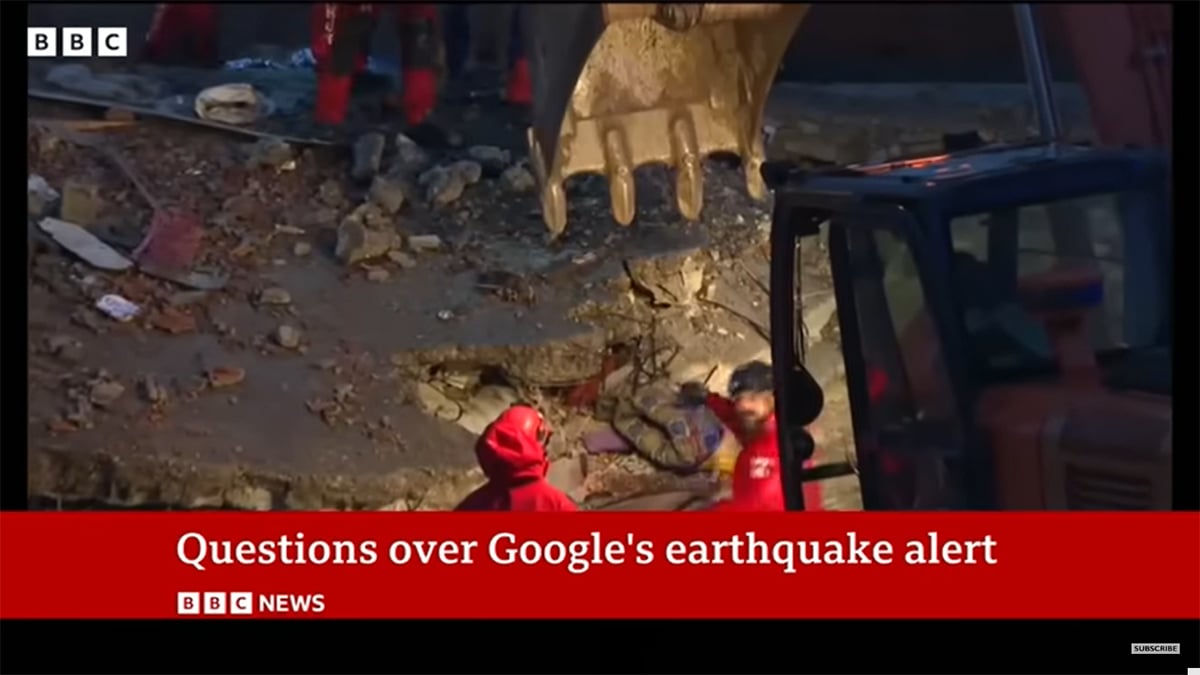
After analyzing the failures, Google updated its detection algorithm and re-ran a simulation of the 2023 Turkey earthquake. This time, the system correctly generated:
- 10 million “Take Action” alerts
- 67 million “Be Aware” alerts
But for many, the improvements come too late. Critics say the delay in transparency has eroded trust in tech-based early warning systems.
“Being transparent about how well it works is absolutely critical… Would some places make the calculation that Google’s doing it, so we don’t have to?”
— Harold Tobin, Director, Pacific Northwest Seismic Network
A Supplement, Not a Replacement
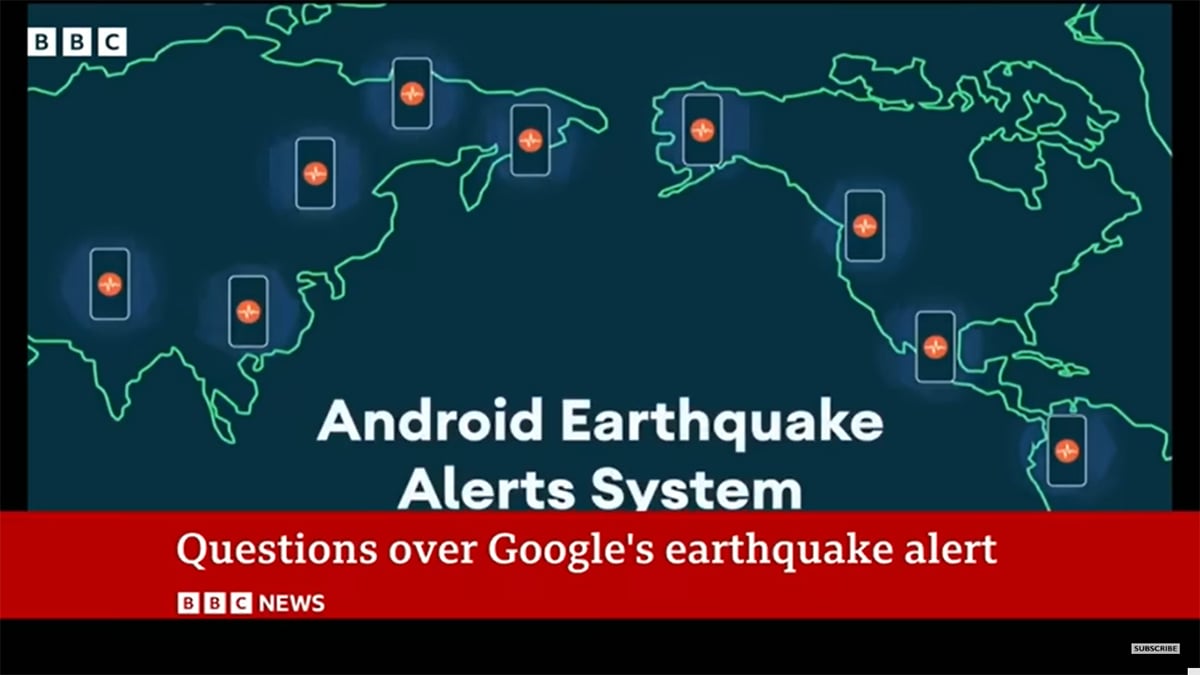
Google maintains that AEA is a supplementary tool, not a replacement for government-run seismic alert systems. However, in many countries like Turkey, AEA is the only operational system, raising concerns about overreliance on privately run tech for public safety.
As of 2025, AEA is active in 98 countries, but questions remain about how it performed in Myanmar’s 2025 earthquake, which the BBC has inquired about. Google has not yet responded.
The failure of Google’s Android Earthquake Alerts during Turkey’s deadliest modern quake has reignited debate about the reliability of tech-driven emergency systems, especially in regions lacking robust national warning frameworks. While post-quake improvements are welcomed, the tragic loss of life underscores the urgent need for transparent, tested, and accountable disaster alert infrastructure.


